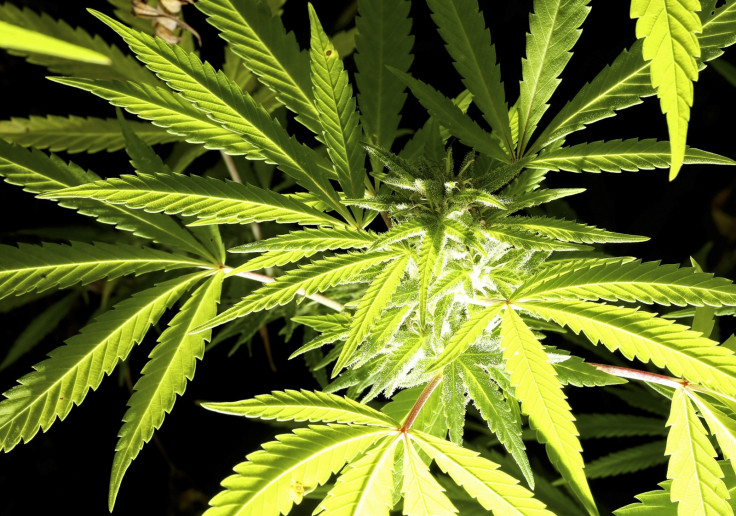Liquid marijuana could hold key to treating epilepsy

A liquid form of marijuana could hold the key to helping children deal with severe epilepsy where traditional forms of medicine have failed many when it comes to coping with seizures.
A study led by Orrin Devinsky, MD, of New York University Langone Comprehensive Epilepsy Center and a Fellow of the American Academy of Neurology, has provided evidence that cannabidiol - a medicinal liquid form of marijuana that does not cause users to become "high" - may be a suitable treatment.
Due to be presented at the American Academy of Neurology's 67th Annual Meeting in Washington, DC, from 18-25 April 2015, the study involved 213 participants, both adults and children with a median age of 11, who had various forms of epilepsy and had not responded to other treatments.
Of the 213 people, 137 of them completed the 12 week trial and on average there was a 54% reduction in the number of seizures.
Side effects experienced by more than 10% of participants included drowsiness, of which a fifth said that they had experienced, 17% reported diarrhoea, 17% said tiredness, and 16% complained of a decreased appetite. 12 people dropped out as a result of the reactions.
In spite of the side effects, Dr Devinsky believes that the results are encouraging: "So far there have been few formal studies on this marijuana extract. These results are of great interest, especially for the children and their parents who have been searching for an answer for these debilitating seizures."
© Copyright IBTimes 2025. All rights reserved.




















